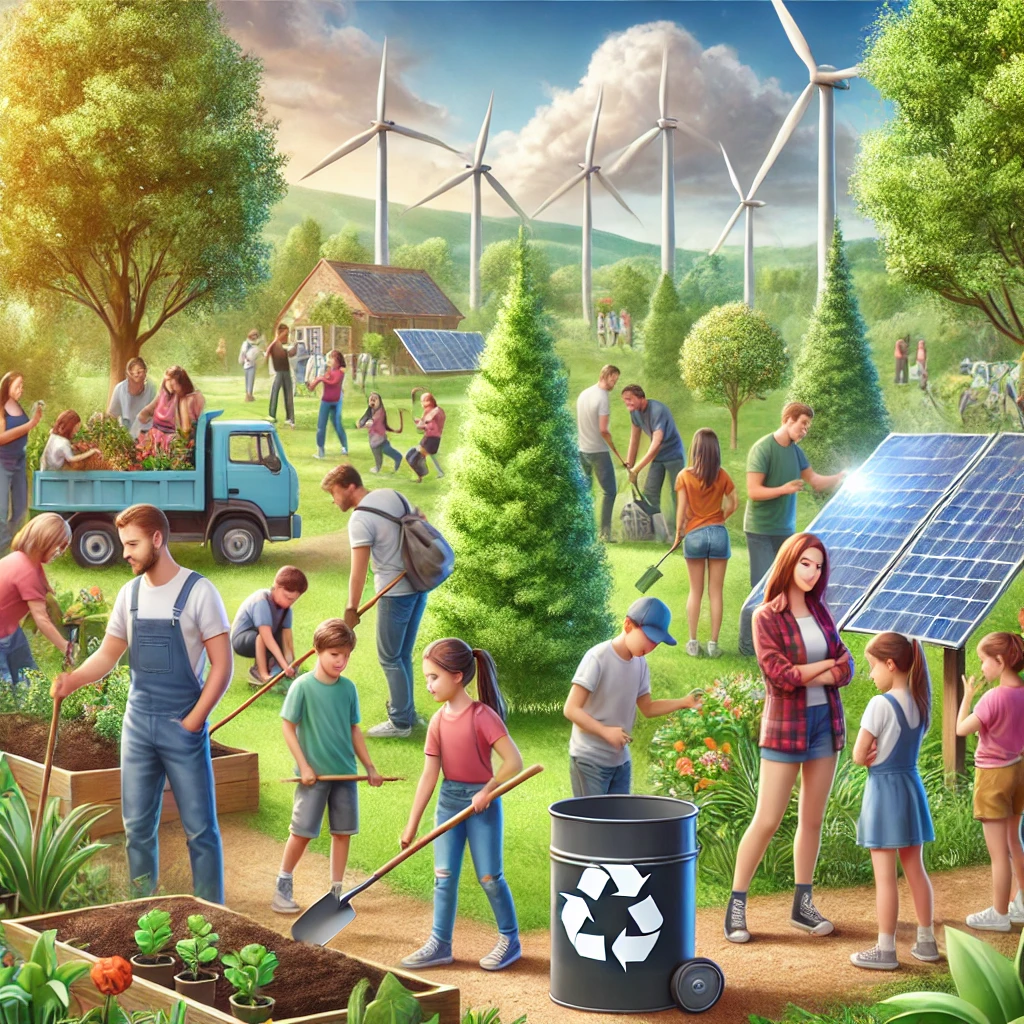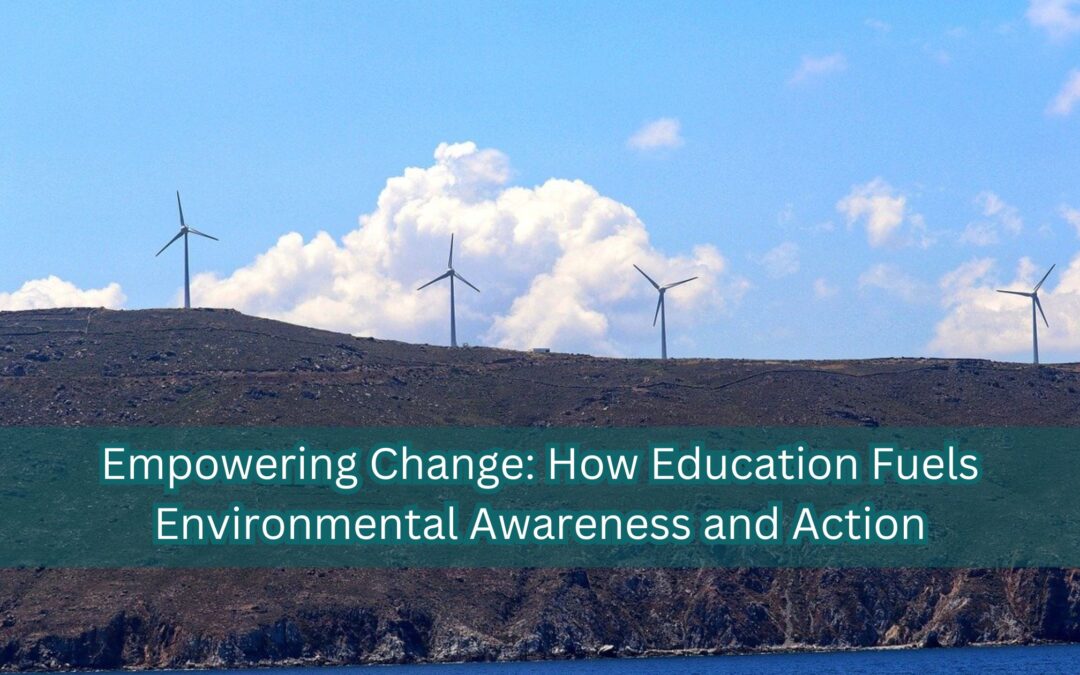Understanding the environment helps us connect meaningfully with our surroundings by teaching us about both natural and built environments. Environmental education fosters awareness of the issues affecting the ecosystems we depend upon and equips us with the knowledge to take sustainable actions to improve and protect them.
Education is one of the most effective tools for addressing the environmental challenges confronting our planet. It accelerates the shift to a sustainable future by raising awareness, shaping attitudes, and providing individuals with the skills and information needed to take meaningful action. From community initiatives and online platforms to schools and colleges, environmental education motivates collective efforts to safeguard the environment.
Why Engage in Environmental Education
One primary goal of environmental education is to increase public understanding of the causes and consequences of environmental issues, including pollution, deforestation, and climate change. Incorporating environmental topics into school curricula allows students to explore the interconnectedness of natural processes and human activities. For example, teaching young people about sustainable habits, conservation techniques, and renewable energy options can create a foundation for long-term environmental stewardship.
If you’re curious about sustainable habits that can make a big difference, visit EPA’s Sustainable Practices for practical tips.
Empowering Practical Action
Furthermore, education empowers individuals to take practical steps in their daily lives to protect the environment. Programs that promote sustainable behaviors—such as recycling, energy conservation, and waste reduction—serve as key examples of how knowledge leads to action. Community workshops and campaigns further enhance these efforts by providing hands-on training in areas like urban gardening, water conservation, and wildlife preservation.
For more inspiration, check out World Wildlife Fund’s Conservation Programs.
Driving Research Education and Innovation
Moreover, specialized courses and research initiatives in higher education prepare future leaders to tackle complex environmental problems. Fields like environmental science, sustainable development, and renewable energy engineering equip students with the tools to develop innovative solutions. Universities also serve as hubs for cutting-edge research, driving the creation of sustainable practices and green technologies.
Explore some pioneering university research at National Renewable Energy Laboratory (NREL).

The Role of Media and Awareness Campaigns in Environmental Education
Beyond formal education, media outlets and awareness campaigns play a vital role in advancing environmental literacy. Public service announcements, social media initiatives, and documentaries reach diverse audiences, inspiring collective action. For instance, global efforts such as Earth Hour and Plastic-Free July exemplify the power of education to inspire millions to adopt eco-friendly behaviors.
Learn how to participate in these global movements by visiting Earth Hour and Plastic–Free July.
Fostering Environmental Stewardship
Education also cultivates a sense of environmental stewardship and global citizenship, encouraging individuals to view themselves as caretakers of the planet. This perspective inspires participation in grassroots movements, advocacy for environmental policies, and activism. By promoting values of justice, equity, and sustainability, education contributes to the development of a culture deeply rooted in environmental responsibility.
For actionable steps on becoming an environmental steward, visit The Nature Conservancy.
Conclusion
Environmental awareness and action begin with education. By providing individuals with the knowledge and resources to address environmental challenges, education lays the foundation for a sustainable future. Expanding access to environmental education at all levels is essential to building a more informed, capable, and engaged global community.
Organizations like the Ecolonomics Action Team (EAT) offer valuable resources focused on environmental management and sustainable farming. Visit EAT Community to learn more and join the movement for a greener, more sustainable world.
Related Articles and Resources:
- What is an Environmental Consulting Business? A Comprehensive Guide for Aspiring Entrepreneurs
- Sustainability | US EPA
- The Importance of Environmental Education in Promoting Sustainable Practices
- Wildlife Conservation | Initiatives | WWF
- National Renewable Energy Laboratory (NREL) Home Page | NREL
- Join the Biggest Hour for Earth | Earth Hour
- Plastic Free July – Be Part of the Plastic Pollution Solution
- The Nature Conservancy: A World Where People & Nature Thrive




Your blog is a breath of fresh air in the often mundane world of online content. Your unique perspective and engaging writing style never fail to leave a lasting impression. Thank you for sharing your insights with us.
Your blog post resonated with me on so many levels. It’s comforting to know that others share my perspective on this topic.